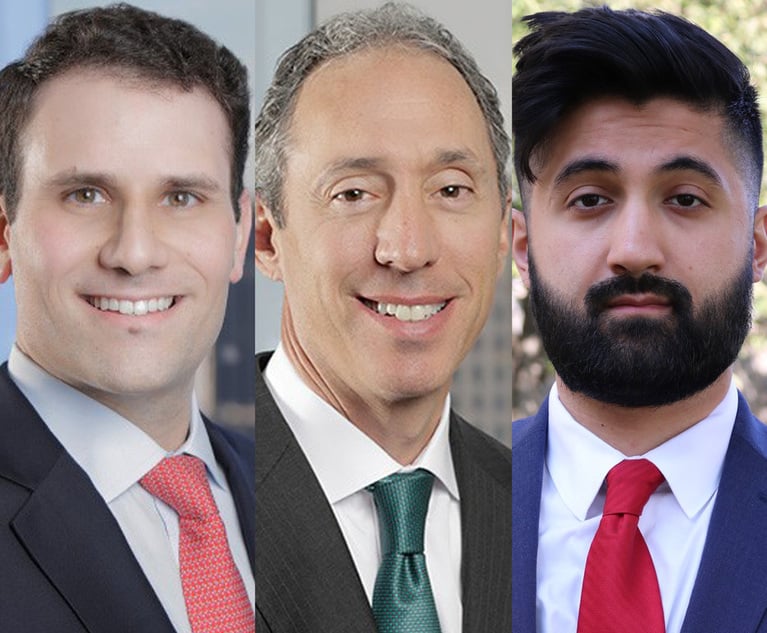More than a decade after the Milberg Weiss scandal, plaintiffs’ firms are facing myriad challenges to maintain their revenue streams. In 2007, Milberg Weiss was investigated for giving individuals kickbacks, typically 10% of the fees earned by the firm in the action, so the firm could use them as named plaintiffs in its class actions. This scheme allowed Milberg to be first in the door to receive the largest share of the legal fees received in any case. After a seven-year investigation by federal prosecutors, four partners pled guilty to criminal charges and the firm entered into a non-prosecution agreement. At the time, the prosecutions appeared to be a bellwether of change for the legal profession. Yet years later, the plaintiffs’ bar is experiencing another growing threat. The recent proliferation of civil actions and criminal prosecutions involving alleged misconduct of plaintiffs’ counsel, ranging from the diversion of client funds to extortion in connection with settlement negotiations, is making the news. With the government again focusing on the behavior of the plaintiffs’ bar, its scrutiny could signal the emergence of a new prosecutorial priority with which plaintiffs’ firms, and the legal profession, will have to contend.
Diversion of Client Funds
In the last two years, prosecutors have been actively pursuing cases involving high profile plaintiffs’ attorneys who have misappropriated client funds. The most public example of these is the spectacular demise of the law firm Girardi Keese and its founder and sole equity partner, Tom Girardi, a well-respected California plaintiffs’ lawyer who was the subject of the movie Erin Brockovich. The movie, and Girardi’s successful result in obtaining a $460 million settlement for residents of a community who were sickened by contaminated drinking water, launched his career in mass torts litigation in the 1990s. On Dec. 2, 2020, the Chicago law firm of Edelson, PC sued Girardi Keese, Tom Girardi and others, to recover settlement proceeds for the families of the victims in the Lion Air Flight 610 crash who had pursued Boeing for the airplane’s malfunction. Complaint, ECF No. 1, Edelson PC v. Thomas Girardi, et al., No. 1:20-cv-07115 (N.D. Ill. Dec. 2, 2020). As primary counsel, Girardi Keese controlled the client relationships and hired Edelson PC to act as local counsel. In its complaint, Edelson alleged that Girardi and his partners deceived clients and local counsel when the firm received millions in settlement money from Boeing, but never sent the clients their share. Edelson further alleged that Girardi diverted funds to support his lavish lifestyle and to pay off pressing debts owed to litigation funders. The district court found the firm and Girardi in contempt, froze their assets, and issued a judgment for $2 million dollars to protect the interests of the clients from other creditors. Defense attorneys at the contempt hearing acknowledged that there was only $15,000 in the firm’s operating account and Girardi was suffering short-term memory loss and could not assist in his own defense. The case was referred by the district court to the U.S. Attorney’s Office in Chicago for criminal investigation.


 Photo: Jirsak via Adobe Stock
Photo: Jirsak via Adobe Stock




